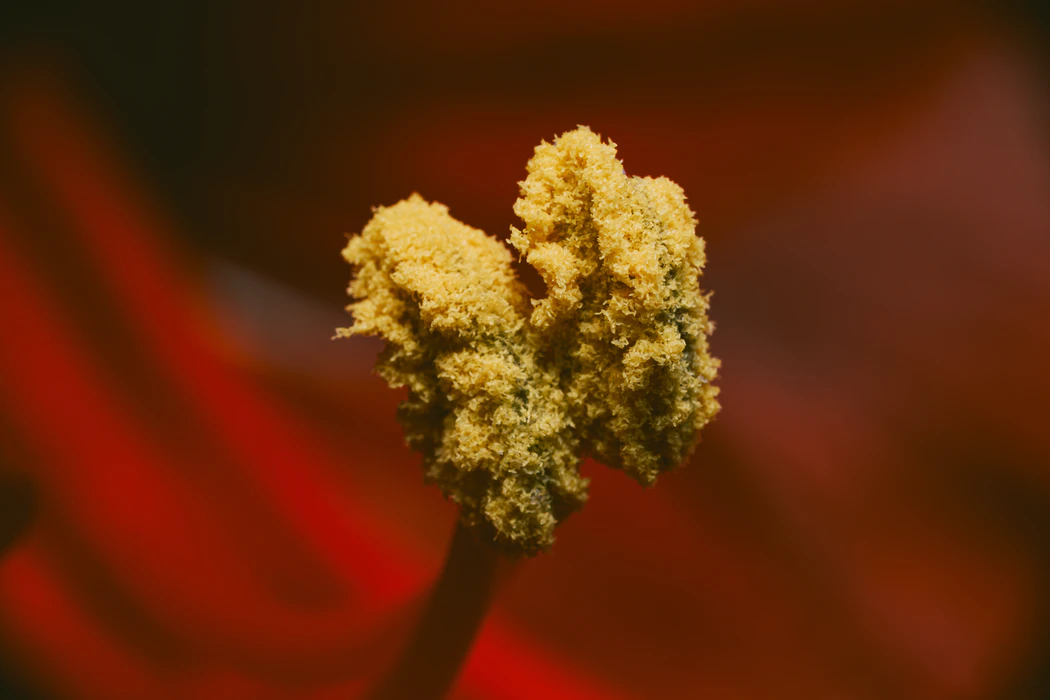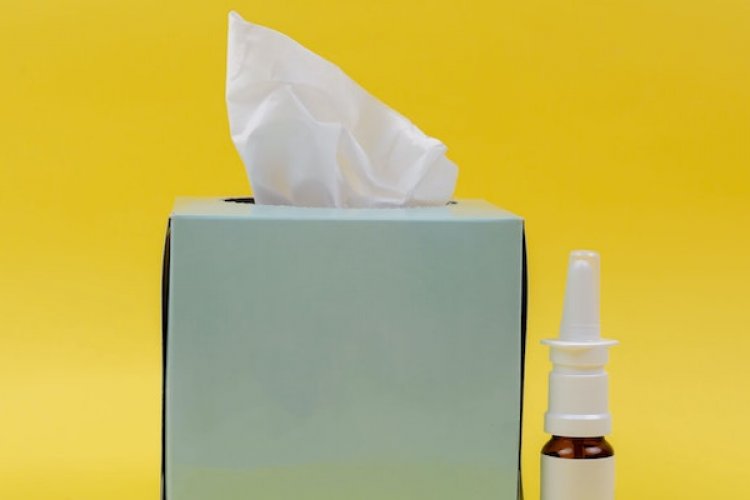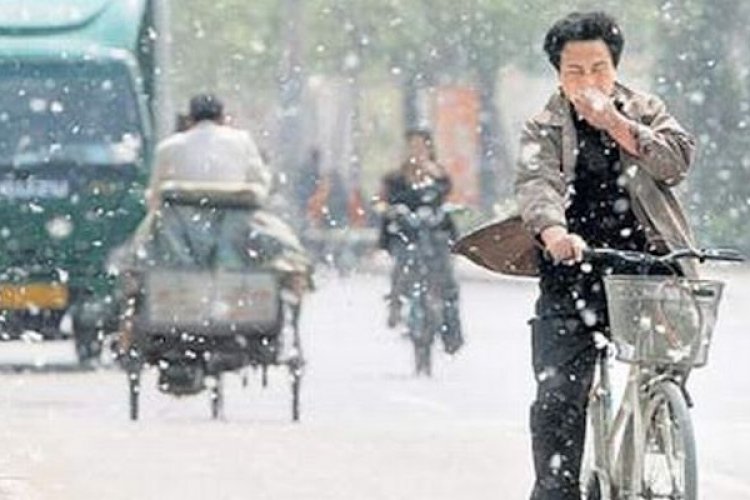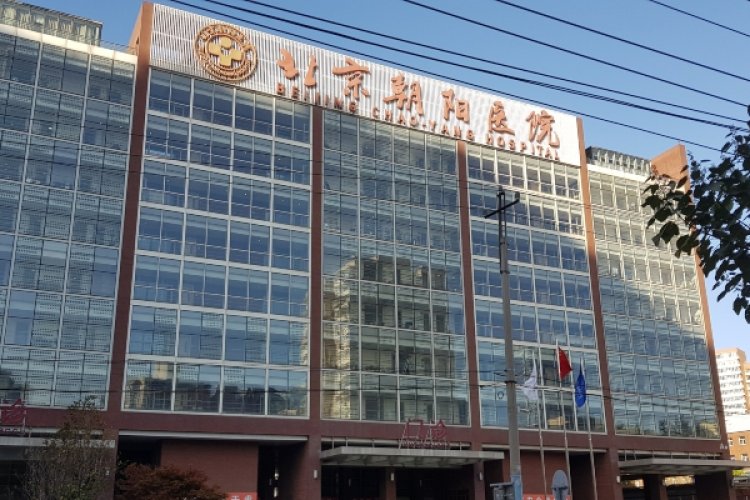Pollen Counts Are High This Year: Here’s How You Can Track Them in Beijing
No, you’re not imagining it – pollen counts are abnormally high all over China this year, and Beijing has been hit hard too, much to the chagrin of those cursed with pollen allergies.
Compared to dealing with other airborne allergens like cat and dog dander, pollen is a bit more difficult to avoid. But fortunately, you can now check Beijing’s daily pollen counts so that you know if and when you need to prepare before stepping outside, thanks to the new “Pollen Health Kit” app from the Beijing Municipal Meteorological Bureau.
Scan the QR code below to find the WeChat miniapp.

When you enter the app, an estimated pollen count in your area will be displayed, along with an emoji signifying just how bad that count really is.

Below that is a historical chart, showing how bad the pollen was on a certain day in the past. (At the time of writing, this feature is under development and will only show the pollen on Mar 1, so it’s not very helpful just yet.) But we’re not writing a research paper here, we want to know the pollen situation right now!
Just below the historical chart is a map of Beijing divided into the city’s 16 districts. At the time of writing, things are looking grim for allergy sufferers: All suburban districts as well as Chaoyang district have 极高 jí gāo extremely high pollen counts (greater than 800 particles per square meter!), while the remaining urban districts all have 很高 Hěn gāo very high pollen counts (greater than 500 particles per square meter).

This map is especially useful if you plan on traveling outside of your district on any given day. Simply tap to see the level, or determine the level using the color-coded system.
The app also has a feature to view pollen count forecasts, but its only available for paying members. However, membership is just RMB 1 per month, which is a pretty reasonable deal and may be worth it if you want to plan out a whole week of outdoor activities.
How should I prepare for a high-pollen day?
Pollen tends to be worse between 10am and 5pm, so people who suffer from allergies should do their best to stay indoors (with the air purifier on, if possible) during high-count days.
Additionally, while you may already be wearing a mask, typical surgeon masks may not do too much to block pollen, which can easily slip through the cracks. N95 masks will probably do the trick, but that may be overkill. You can actually purchase anti-allergen masks at many local convenience stores, or shop online using the search term 防过敏原口罩 (fáng guòmǐn yuán kǒuzhào anti-allergen mask). They go for around RMB 25 individually, or RMB 280 for a pack of 100.
Finally, those who suffer from severe allergies might consider taking allergy medication. Antihistamines like Cetirizine Hydrochloride are available without a prescription, though it’s best to consult with a doctor before taking it.
READ: How to Book a Public Hospital Appointment Through the 114 App
Images: Timothy Dykes (via UNSPLASH), screenshots by Joey Knotts







